 |
The Executive Secretary and team whish you Season’s Greetings and Best Wishes for 2022.
Season’s Greetings and Best Wishes for 2022
The Executive Secretary and team whish you Season’s Greetings and Best Wishes for 2022.
|
 |
The questionnaire, which has been revised to include reporting on additional chemicals, is now available to Parties through in all six UN official languages. Join one of our webinars on 6 or 8 December to learn more about it!
Launch of the Stockholm Convention Electronic Reporting System for 5th reporting cycle
|
 |
To help rid the world of Persistent Organic Pollutants – or POPs – Indoensia has transmitted its updated NIP, addressing amendments made at COP-5, COP-6, COP-7, COP-8 and COP-9.
Indonesia updates its national plan for implementing the Stockholm Convention
|
 |
The new plan incorporates amendments made at the Stockholm Convention’s COP-8 and COP-9, including the listing in Annex A of perfluorooctanoic acis or PFOA.
To help rid the world of POPs, the European Union has updated its implementation plan for the Stockholm Convention
|
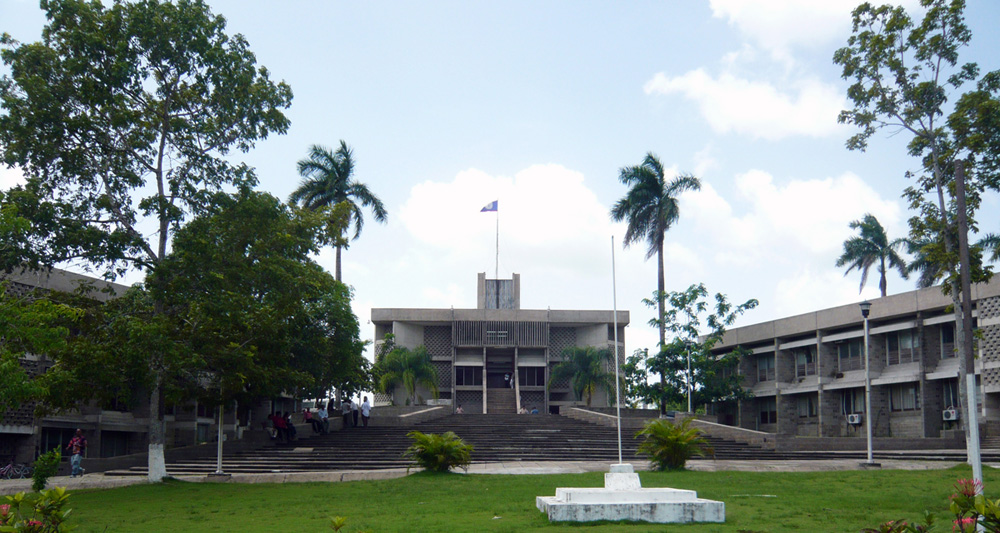 |
The updated National Implementation Plan or NIP addresses amendments to the Convention made by COPs 4, 5, 6 & 7.
To help rid the world of POPs, Belize updates its national plan for implementing the Stockholm Convention
|
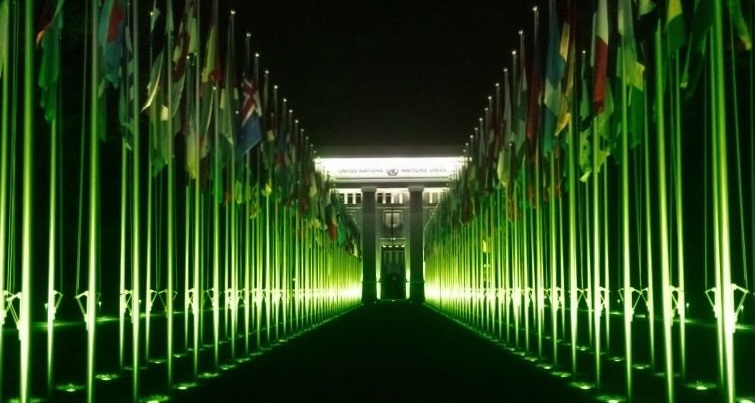 |
As the climate change COP-26 opens in Glasgow, the new BRS Press Release highlights the linkages between chemicals, waste, and climate change.
Press Release: Unsound management of chemicals and wastes underpins runaway climate change
|
 |
Landmark building illuminated by Basel Convention green to highlight links between climate change and chemicals and waste, including plastic waste.
UN Palais des Nations in Geneva turns green as key climate change talks begin at COP-26, 1 November 2021
|
 |
Stockholm Convention continues to move towards universal coverage as Grenada deposits its instrument of accession, with entry into force on 13 January, 2022.
Grenada becomes the 185th Party to the Stockholm Convention
|
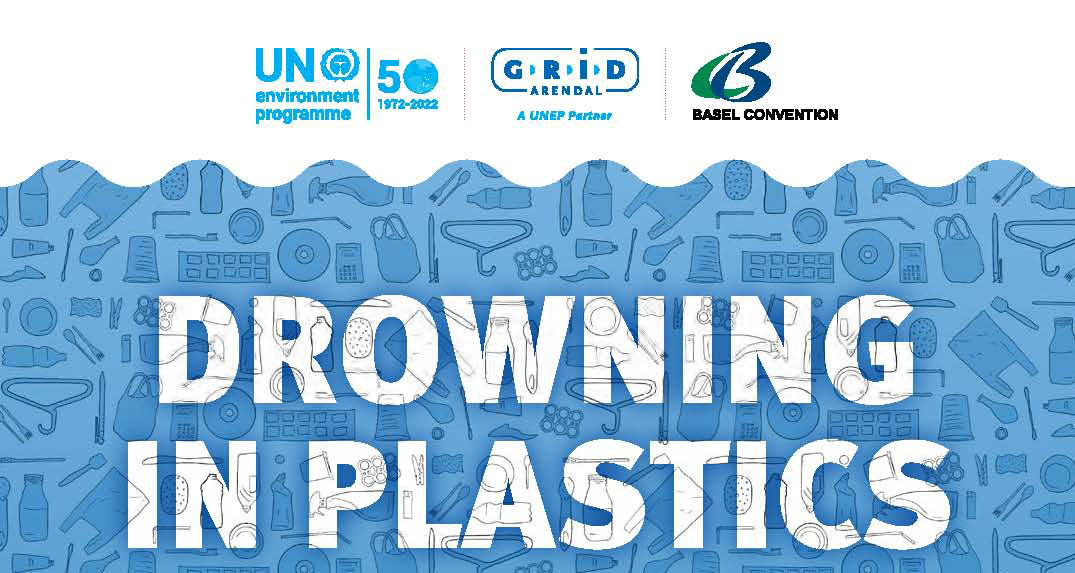 |
Join online the discussions seeking to move “From Pollution to Solution” and see the new infographics series jointly published by BRS, GRID-Arendal and UNEP.
Debate on plastic waste and launch of new BRS Vital Plastic Waste Graphics publication, 21 October 2021
|
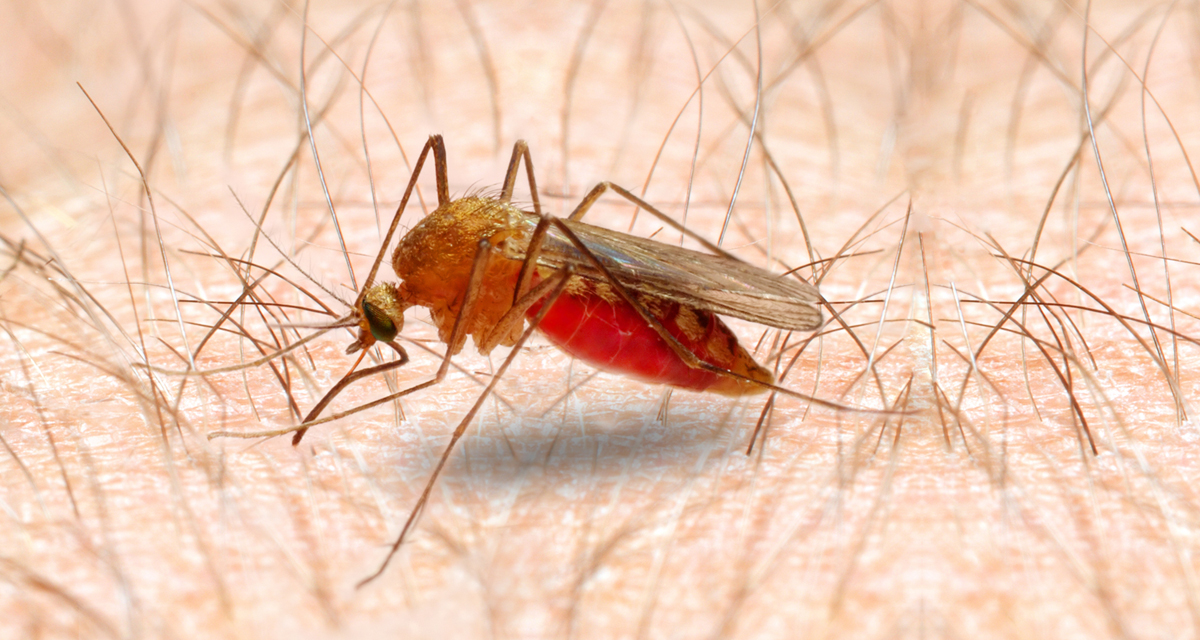 |
Historic WHO announcement on a malaria vaccine, and recent recommendations of the Stockholm Convention’s Expert Group, give grounds for optimism that DDT could soon be phased out forever.
BRS Press Release: The end of DDT?
|
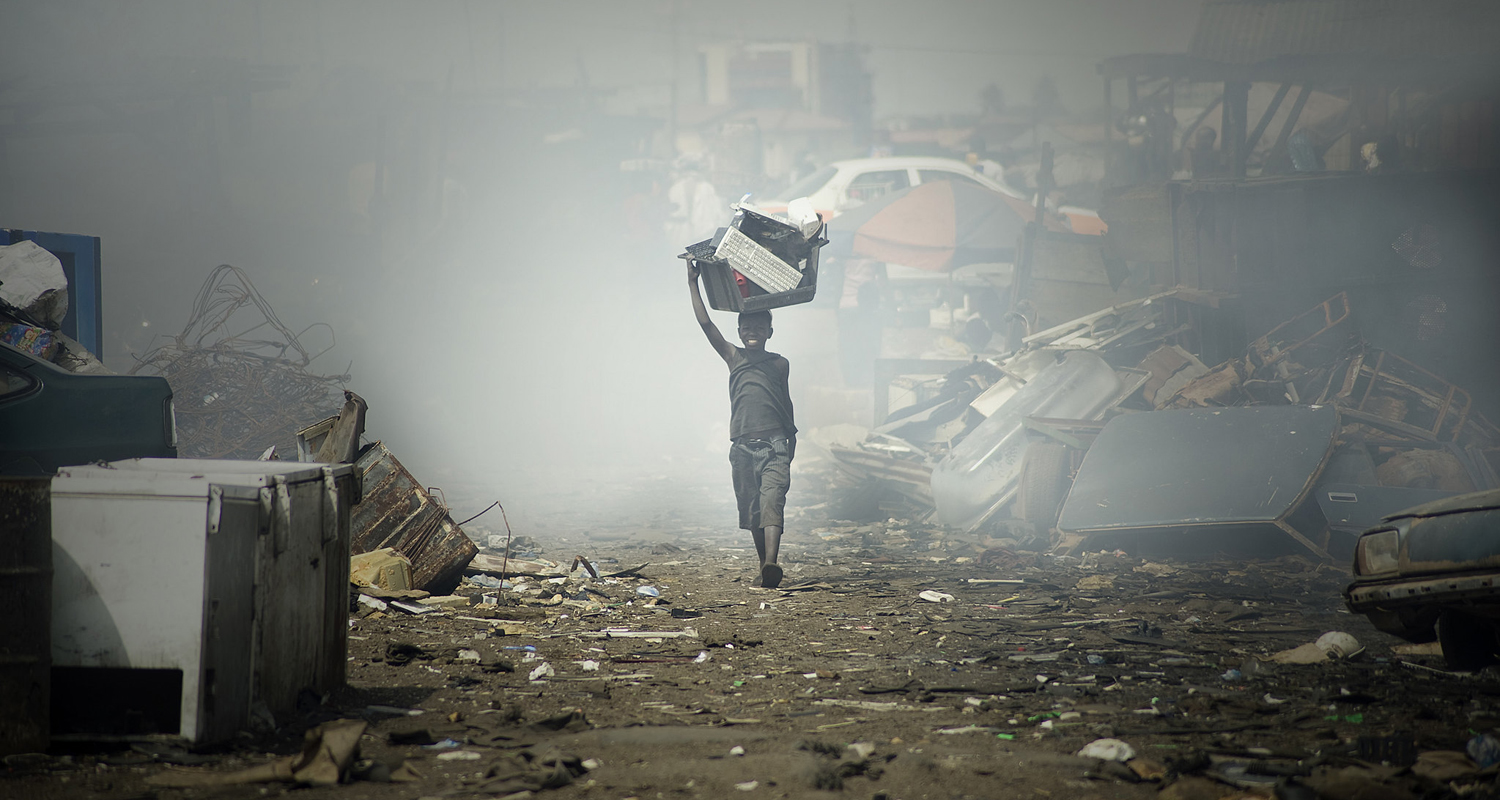 |
Join these webinars, organized by the International Telecommunications Union (ITU), UNECE, BRS and other partners, discuss challenges and opportunities offered by a digital transformation.
E-waste in the context of a sustainable digital transformation in Africa and in Latin America: webinars 28-30 September 2021
|
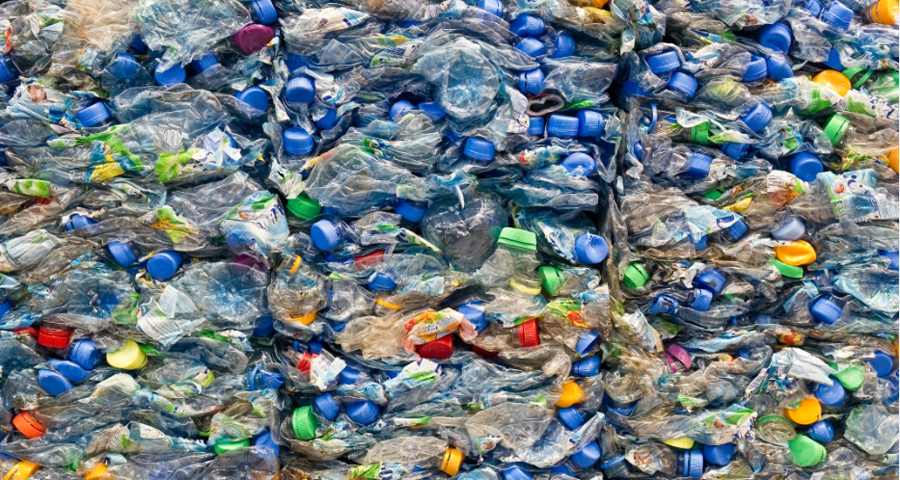 |
Click to view the new social media cards, produced as a contribution to the 2021 UN Food Systems Summit, 23 to 24 September, in New York and online.
BRS highlights interactions between plastic waste and food through social media campaign
|
 |
More than 1,300 representatives from more than 160 countries agree key decisions to keep work towards sound management of chemicals and waste on track.
Online Segment of 2021 Triple COPs successfully concludes with key decisions adopted
|
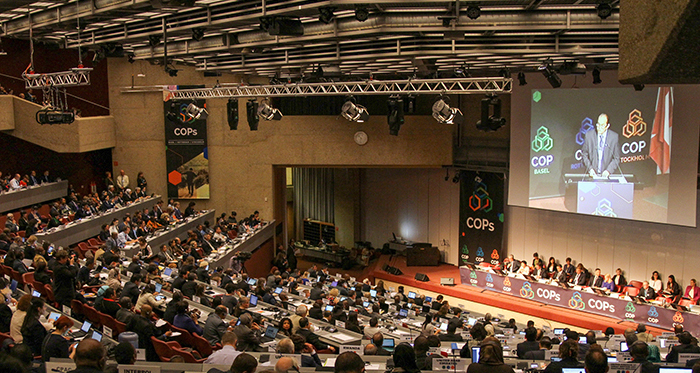 |
Read the official press release as more than 150 countries join the online segment of the 2021 meetings of the Conferences of Parties to the Basel, Rotterdam, & Stockholm conventions.
2021 Triple COPs convened online with more than 1,000 delegates, 26 to 30 July
|
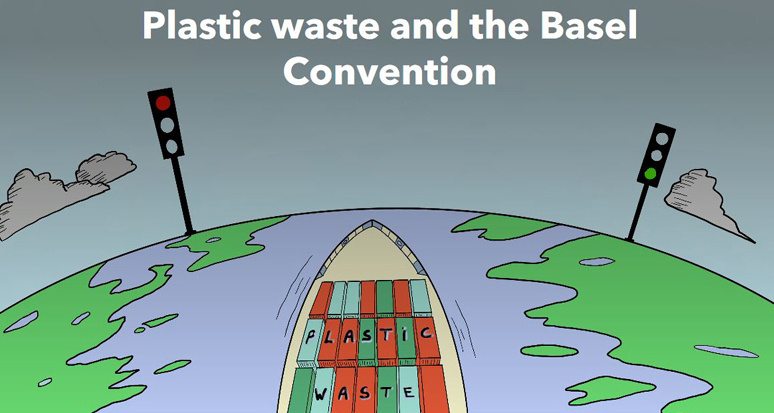 |
Follow the plastic waste crisis as it unfolds around the world, with our dynamic data visualization map, and find out more about the role of the Basel Convention’s Plastic Waste Amendments in minimising and managing plastic waste.
Story map: Plastic waste and the Basel Convention
|
 |
Officially registered participants are invited to join technical trials on 21 July and 22 July to become familiar with the use of the meeting platforms.
BRS Triple COPs: Technical trials for registered participants of the online segment of the COPs, ahead of the meetings
|
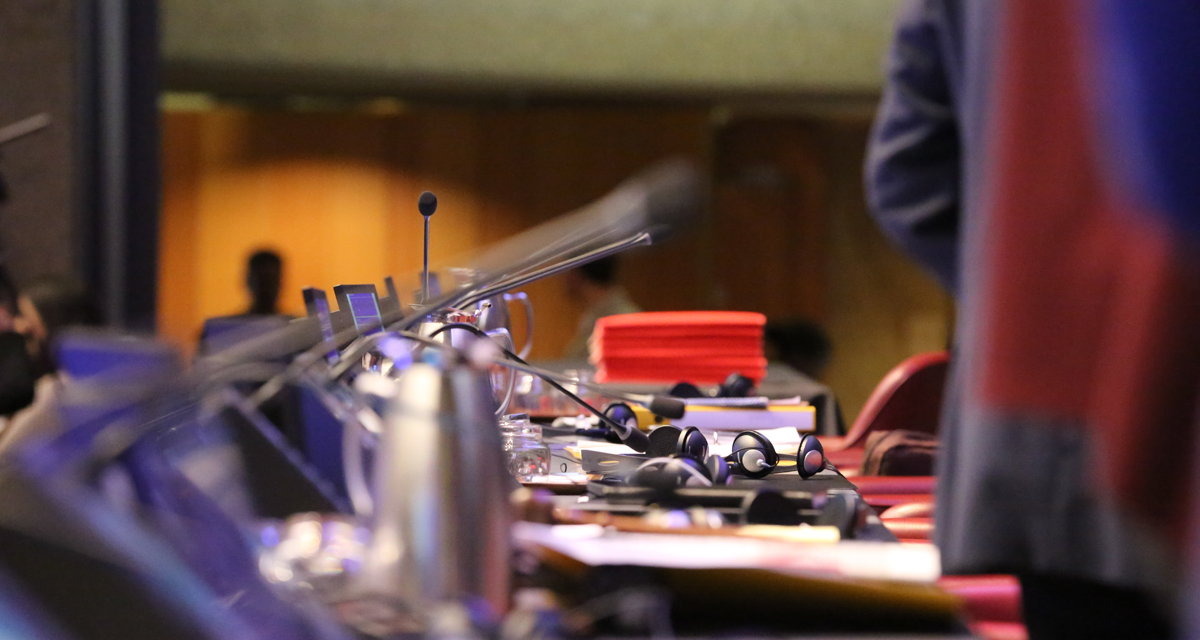 |
Pre-session documents for the online segment of the Triple COPs, including the proposed interim programmes of work & proposed budgets for the conventions for 2022, now available.
Triple COPs 2021: Working documents, including budget documents for consideration by the COPs, available online in the 6 UN languages
|
 |
Accreditation process now open for correspondents seeking to attend the meetings of the Conferences of Parties to the Basel, Rotterdam & Stockholm conventions, (online segment) from 26 to 30 July 2021.
Journalists: Cover the 2021 Triple COPs on the sound management of chemicals and waste
|
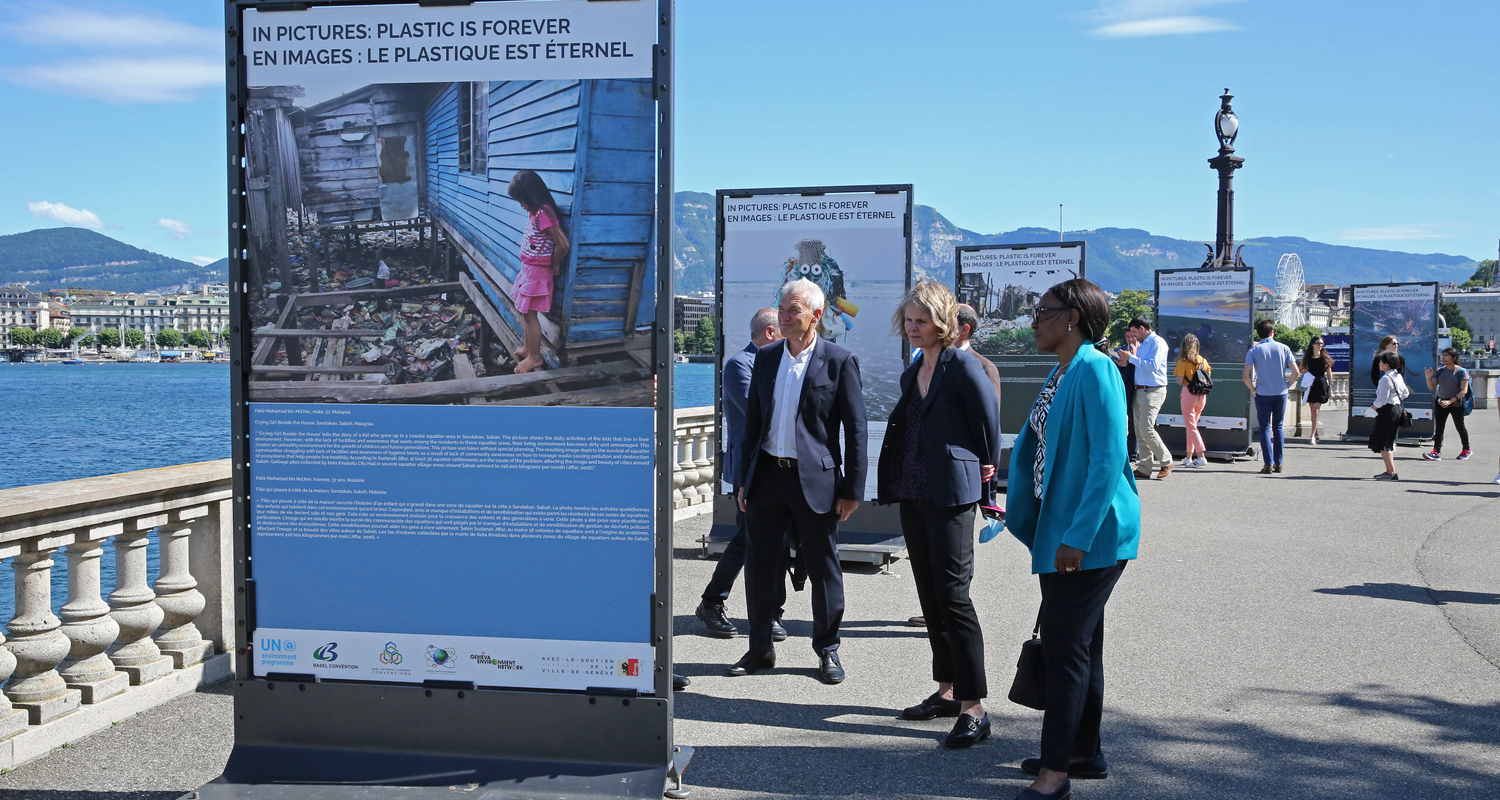 |
Photos from around the world showcased through live and virtual exhibitions, organised by the Basel Convention’s Plastic Waste Partnership, Geneva Environment Network, UNEP, Norway, and the City of Geneva.
Photo exhibition on plastic waste open on Geneva waterfront and online
|
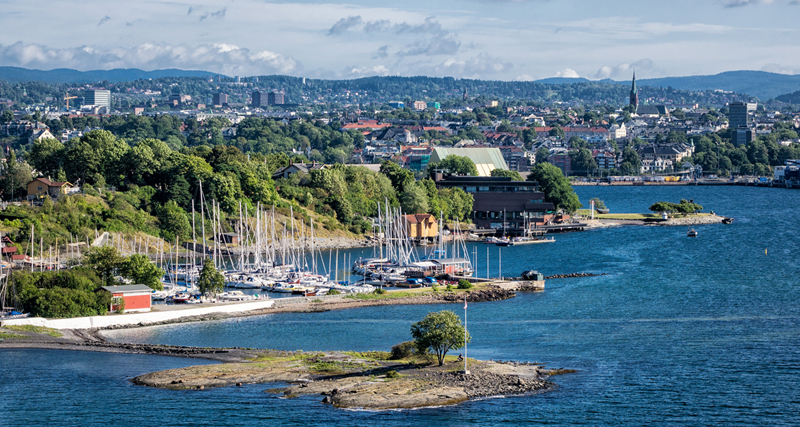 |
To help rid the world of persistent organic pollutants or POPs, Norway has transmitted its updated National Implementation Plan addressing amendments made at COP-8 & COP-9.
Norway updates its national plan for implementing the Stockholm Convention
|